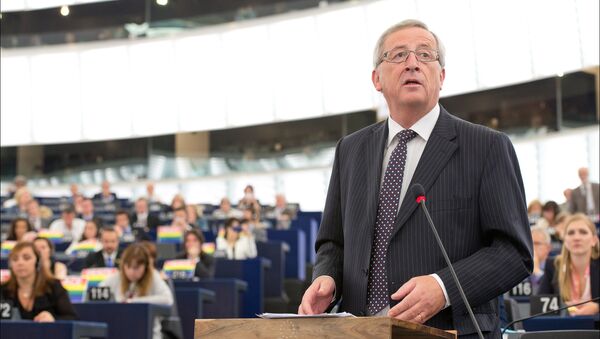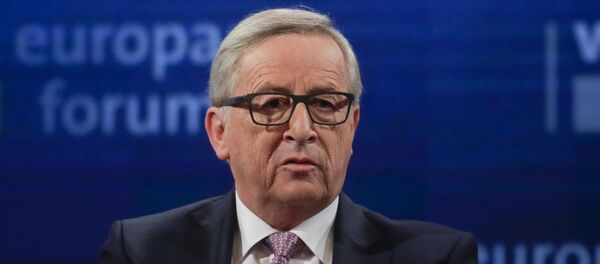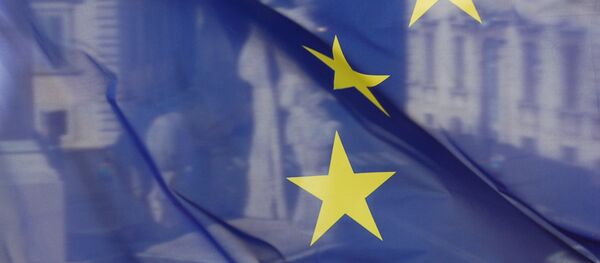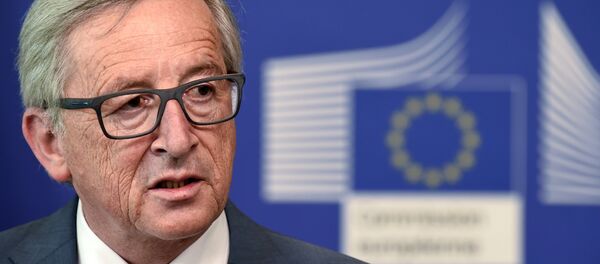European Commission spokesman Margaritis Schinas said Juncker would "use this opportunity to convey to the Russian leadership, as well as the wider audience, the EU's perspective regarding the current state of the EU-Russian relations."
Juncker would be the first leader of an EU institution to visit Russia since anti-Russian sanctions over Ukraine were imposed in March 2014.
"Regardless of the common decision being made in Brussels, we see that many European countries on the bilateral level are still demonstrating their interest in improving relations and expanding cooperation with Russia in order to compensate for what was lost over the last two years," Peskov said.
Juncker’s plans to visit Russia have provoked discontent from many Western countries, including the US.
Washington and its European allies are concerned that Juncker’s visit would bolster the Russian position ahead of the upcoming EU meeting on extending the sanctions, Politico reported citing diplomatic sources.
When former Luxembourg Prime Minister Jean-Claude Juncker was appointed President of the European Commission experts noted that he supported those European countries which stood against Western dominance in the world.
Reaction to Juncker’s plans to visit Russia rather proves that he is "playing his own game," Kirill Koktysh from the Moscow State Institute of International Relations (MGIMO) told the Russian online newspaper Vzglyad.
"On the one hand, there are Juncker’s personal goal, plans and intensions which are dictated by Europe’s interests. But it would be premature to say that EU bureaucracy is changing its stance towards Russia," Koktysh said.
Juncker may come to Russia without concrete proposals and a definite goal because the forum in St. Petersburg is not for making decisions; it is a platform for discussions.
"But if Juncker offers something it would be a positive signal because his proposal would reflect collective will of the EU," he said.
"Juncker needs a strategy rather than just playing games. But he needs Europe as a solid political actor, not a half-disintegrated one like it is now," the expert pointed out.
Vasiliy Koltashov, an analyst at the Russian Institute for Globalization Research, underscored that what is most important is what Juncker will say at the forum.
Koltashov expects that Juncker would take an in-between attitude. He would discuss Russia’s self-isolation but at the same time he would say that reconciliation is possible.
"But he wouldn’t make any real steps for rapprochement," he added.
According to Koltashov, no high-profile EU officials are allowed to have views different from those of the European Commission and the European Central Bank.
"There is no pluralism of views in Brussels. When ties between Russia and Europe were normal Juncker said that there should be no conflict between Moscow and Brussels. But now he is unlikely to oppose Brussels even if he would like to promote cooperation with Russia," the expert concluded.




